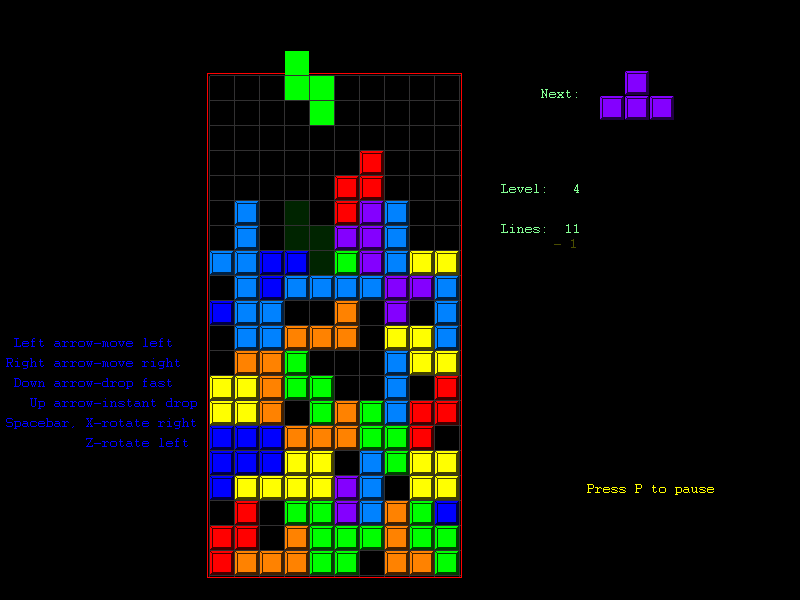Who is the storyteller?
 “IN THE COMMAND-AND-CONTROL WORLD, we know who’s telling the story; it’s the author. Bur digital media have created an authorship crisis.” (Page 83)
“IN THE COMMAND-AND-CONTROL WORLD, we know who’s telling the story; it’s the author. Bur digital media have created an authorship crisis.” (Page 83)
In Chapter 4, Frank Rose’s argument on Control (chapter 4) discusses the question of authorship. The idea is that the power of broadcasters and publishers were in their ability to control their viewers, or “direct the eye balls to ads” as Frank Rose puts it. Since the invention of VCR this control has started to erode and now with the Internet, digital devices, and blogs, audience do have the ability to publish their own content and gain more control of what they want to consume and when. This “loss of control” extends to changes in the development of stories and how a story might unfold.
Now how about bringing the idea of control and authorship into video games. If we consider video games as stories, the first question that we need to respond is that who is telling this story? Who is in control in telling the story when it comes to an interactive environment like video games?
From one perspective a game designer (Inventor) sets limitation on various possibilities that a story could move forward, the game designer set boundaries on how the player can navigate the story and score points. So from one point it seems that the game designers are the ones who tell the story. But at the same time we have the player who can choose out of multiple scenarios, select the sequence of events, and explore the game environment, does the ability to choose a path in a story gives players any control over the story? So what about the game designers? Game designers could be considered more as narrative architects than storytellers (Jenkins) because although they do set limitations and design the spatial environment but it is the player who needs to create associations and move in the environment.
Q1: There is also the medium in this equation. The computer program, the game engine that makes this program functions as a game. What about the processor in the XBOX machine, or the console, or the algorithm that is set to make an object behave in a certain way, are those playing any part in storytelling?
Q1: Do you think all games tell stories or even capable of telling stories? What about the game of Tetris?

Q3: Why do we need to talk about stories in games? Frank Rose talks about the idea of “Seeking” or foraging as an “instinct response” that motivate the player to roam into a game environment? If there is such a thing why do we need stories? Couldn’t just the response to the “seeking” be enough to keep the player occupied and engaged?
I also mentioned Chapter 4 in my post. Definitely an interesting section of the book. You make some good points in your post. What I’m most intrigued by is how you are thinking of games as narratives. I think one thing we have to start doing is not to think of games, or digital media, or this new revolution in how we create stories as single existing entities. Especially in something like the game world, where there are so many factors that come into play. Everything that surround all these forms are small narratives that connect to create a grand narrative. Rose makes mention of this in his discussion on Star Wars and the infinite immersive narratives its created.
I don’t think it’s wrong to think about either the game designer or the gamer themselves as telling the story, but I think the question lines more within who is reading or taking the story in as opposed to who is telling it. Because in the end it is all up to the viewer/user/audience to decide.